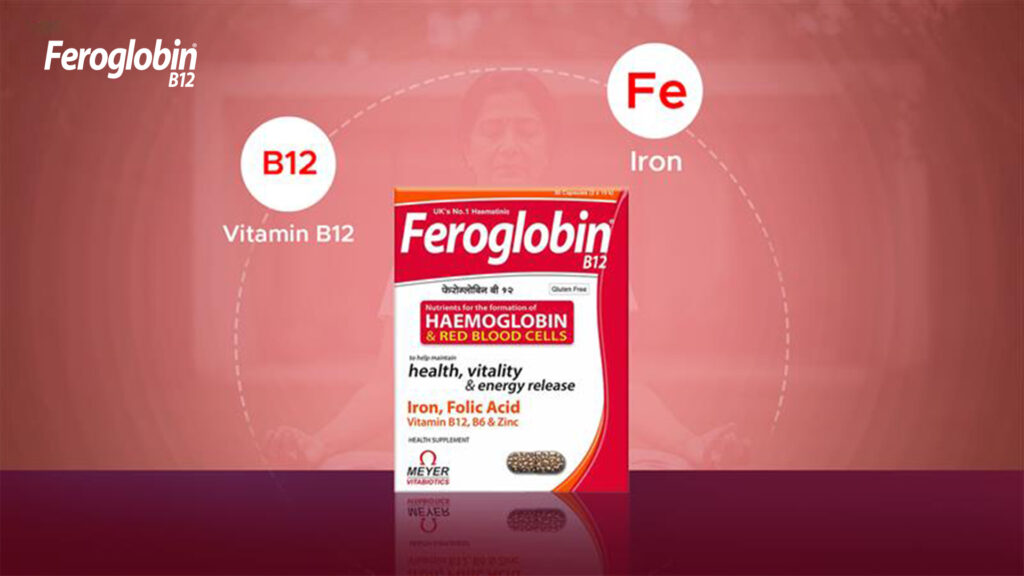Uses of Collagen

Collagen
Collagen is the most abundant protein in your body. It is the major component of connective tissues that make up several body parts, including tendons, ligaments, skin, and muscles. Collagen has various functions, including providing your skin with structure and strengthening your bones.
Recently collagen supplementation has become popular. Most of the Collagen is hydrolysed, making it easier for you to absorb.
Source of collagen
Food source
Collagen is available in the connective tissues of animals. Therefore, it is found in foods like chicken skin, pork skin, beef, and fish.
Foods that contain gelatin, such as bone broth, also provide collagen. Gelatin is a protein substance derived from collagen after it has been cooked.
Supplement
Recently collagen supplementation has become popular. Most of the Collagen is hydrolyzed, making it easier for it to be absorbed more efficiently than the collagen in foods.
Collagen Deficiency
As a person ages, their body produces less collagen. This lack of collagen results in the common signs of aging. Wrinkles, sagging skin that has lost its elasticity, and stiff joints are all signs that the body is producing less collagen.
Collagen deficiency also results from body lacking various antioxidants that are responsible for keeping collagen strong. Below are 7 signs and conditions of collagen deficiency:
Wrinkling
Collagen is essential for giving the skin its structure and strength. It is very likely that aging slowly depletes collagen stored in the body. As a result, skin begins to lose some of its structures leading to the formation of wrinkles.
Aching muscles
Collagen binds muscles to ligaments and bones. Collagen deficiency causes the weakening of collagen fibres, which eventually results in the weakening of the connection of these structures. As a result, subject begins to experience more aching muscles and additional friction.
Osteoarthritis
Collagen helps maintain the integrity of your cartilage, which is the rubber-like tissue that protects your joints. Collagen deficiency in the body leads to risk of developing degenerative joint disorders such as osteoarthritis.
Osteoporosis
Bones are made mostly of collagen, which gives them structure and helps to keep them strong. Collagen Deficiency leads to loss of bone mass. This may lead to conditions like osteoporosis, which is characterized by low bone density and is linked to a higher risk of bone fractures
Cellulite
Collagen is responsible for making up skin’s connective tissues. As such, it is responsible for skin elasticity, skin firmness, cell renewal and suppleness. When the fatty tissues underneath the skin push upward against body’s connective tissues, the skin at the surface begins to pucker, resulting in cellulite.
Flat or thin hair
Collagen is found in the space around hair follicles. The micro-vessels deliver the essential nutrients from body to your hair, keeping it nourished and healthy. As a result, hair is lengthened, and the appearance of a shiny, fuller mane is enhanced. Depletion of collagen slows down the delivery process. Consequently, this leads to duller, thinner hair.
Hollowing of face and eyes
Ageing causes the fading of this natural, glowing look. Collagen deficiency causes the area around eyes to appear darker and hollow. The cheeks may also begin to thin.
Health Benefits of Collagen
1. Skin health
Collagen plays a critical role in strengthening skin, elasticity and hydration. Several studies have shown that collagen supplements may help slow the aging of skin by reducing wrinkles and dryness.
Additionally, taking collagen supplements may promote the production of other proteins that help structure your skin, including elastin and fibrillin.
2. Helps relieve joint pain
Studies have shown that taking collagen supplements may help improve symptoms of osteoarthritis and reduce joint pain overall. Also supplementation of collagen may accumulate in cartilage and stimulate tissues to make collagen.
Collagen supplementation may lead to lower inflammation, support of your joints, and reduced pain.
3. Bone health
Supplementation of Collagen affect body in a way that it helps in inhibiting the breakdown of bone that leads to osteoporosis and also provide strength to the bones.
4. Muscle mass
Collagen supplements help boost muscle mass in people with sarcopenia, which is the loss of muscle mass that happens with age.
5. Promotes heart health
Researchers have theorized that taking collagen supplements may help reduce the risk of heart-related conditions.
Collagen provides structure to your arteries, which are the blood vessels that carry blood from your heart to the rest of your body. Without enough collagen, arteries may become weak and fragile.
6. Hair and nails Health.
Taking collagen may increase the strength of your nails by preventing brittleness. Additionally, it may stimulate your hair and nails to grow longer.
Categories
- Articles (1)
- Beauty, Hair, Skin (19)
- Kids-Teens Health (3)
- Men's Health (14)
- Mind-Body (62)
- News-Research (9)
- Others (2)
- Women's Health (22)
Top Selling Products
Wellwoman 50+ multivitamins for women over age 50 years with Vitamins, Iron, calcium, amino acids to support menopausal symptoms, maintain energy, Vision & Heart health| Vegetarian 30 Tablets
₹516.80 (₹17.23/Tablet)
MRP: ₹646.00 (Upto 20% off)
Wellman 70+ Multivitamin Tablets | Ginseng, Pumpkin Extract & Citrus Bioflavonoids | Supports Health & Vitality | Boosts Vision, Immune System & Cognitive Function | 30 Veg Tablets
₹379.20 (₹12.64/Tablet)
MRP: ₹474.00 (Upto 20% off)
Wellman 50+ Multivitamin Tablets for Men Aged 50+ | Ginseng, Citrus & Amino Acids | Support Health & Vitality | Boost Cognitive & Immune Function | Reduce Tiredness & Fatigue | 30 Veg Tablets
₹360.00 (₹12.00/Tablet)
MRP: ₹450.00 (Upto 20% off)
Wellwoman 70+ Multivitamins For Women Over Age 70 With Biotin, Isoflavones, Zinc, Vitamind To Support Physical & Mental Health, Improve Cognitive Function & Energy Levels Vegetarian 30 Tablets
₹374.40 (₹12.48/Tablet)
MRP: ₹468.00 (Upto 20% off)
Wellman Multivitamin Tablets for Men – 21 Nutrients – Boost Immunity, Support Reproductive Health & Energy Levels – Gluten-Free, Vegetarian – 30 Tablets
₹350.40 (₹11.68/Tablet)
MRP: ₹438.00 (Upto 20% off)










